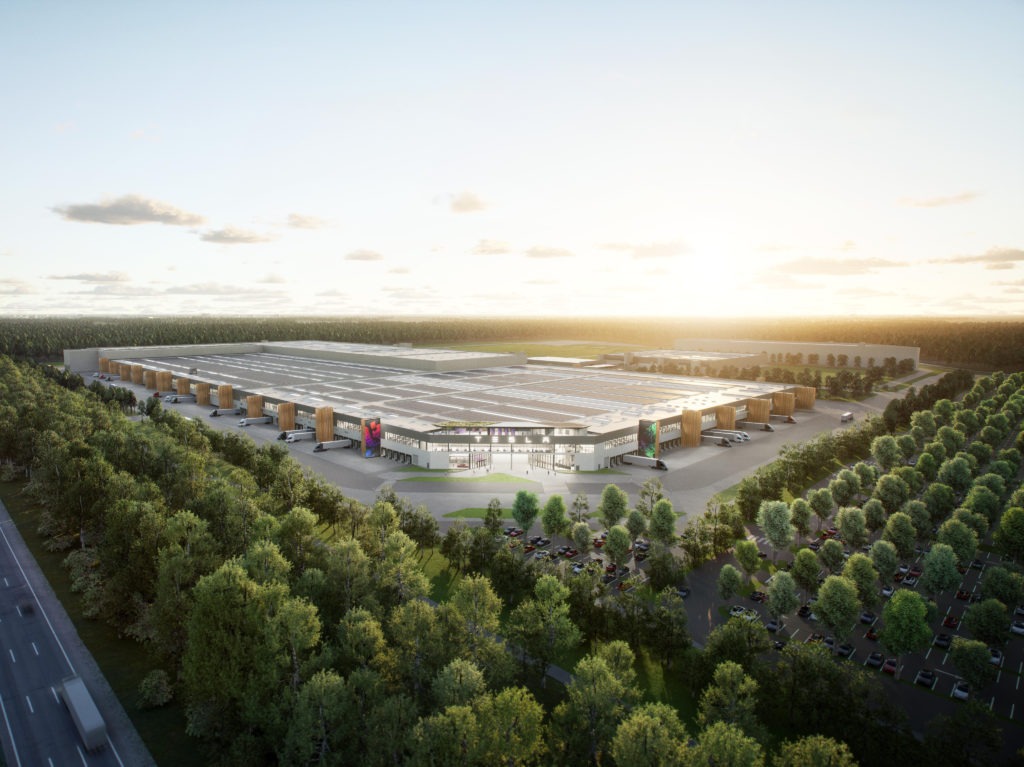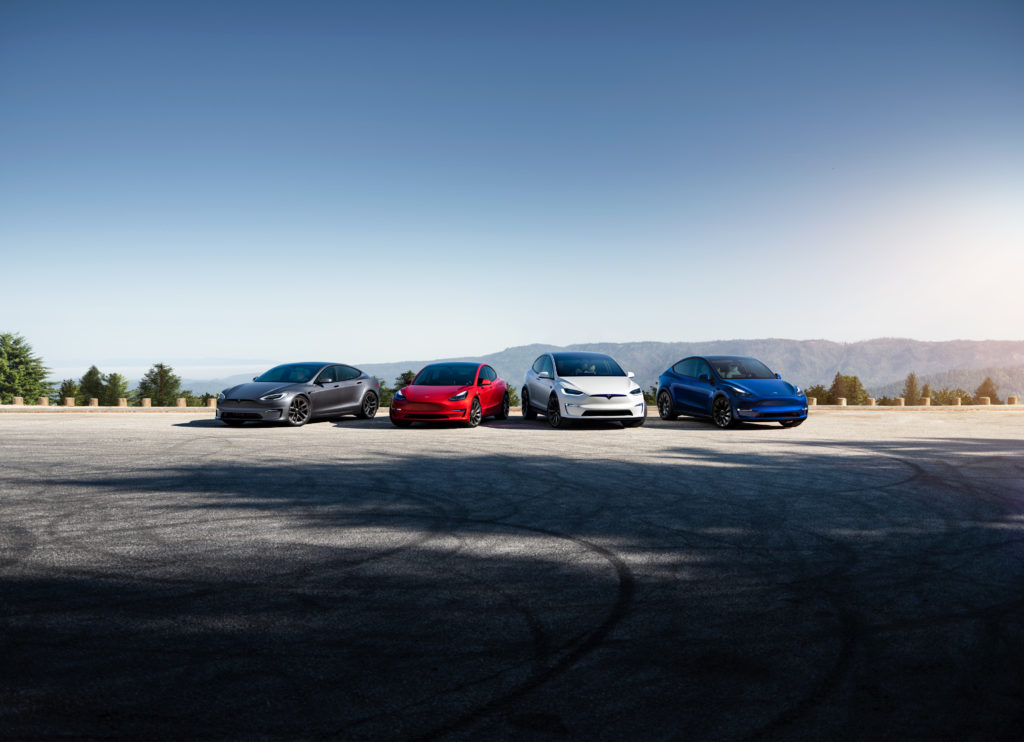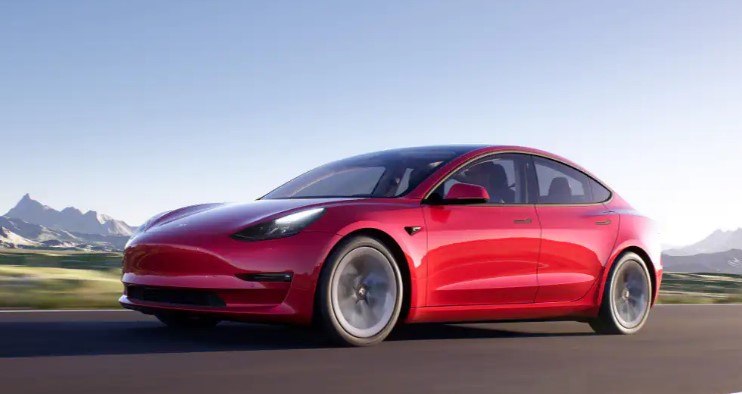Tesla’s Berlin gigafactory delivers its first battery-electric vehicles
23 March 2022

Tesla has delivered the first German-built battery-electric vehicles (BEVs) from its gigafactory in Brandenburg, Berlin. Backed by an investment exceeding €5 billion, the electric-car plant is the brand’s first in Europe and represents a major step forward in localising production.
Alongside German Chancellor Olaf Scholz, Elon Musk was on hand to see out the site’s first 30 Model Y Performance cars. In the lead up to the event, the CEO tweeted that he was ‘excited to hand over the first production cars made by giga Berlin-Brandenburg’. The day will certainly have come as a relief following an earlier setback.
New electric-car plant
The new electric-car plant covers some 300 hectares of land and boasts an advanced paint shop according to electrive.com. The gigafactory is expected to expand its colour range in the coming months as the Model Y cars currently leaving the site are either black or white.
At present, the site has some 3,000 employees, a number which is expected to rise by thousands, potentially up to a total of 12,000 people. This task force will produce up to 500,000 Model Ys a year, as well as 50GWh worth of battery cells. Musk said it would take longer for production to ramp up than the initial two years needed to build the plant, the BBC reported.
The gigafactory did draw concerns from environmental groups over tree-clearing, wildlife impact, and water usage, Bloomberg reports. But Tesla gained the go-ahead from local authorities in early March to get production underway, provided it met conditions on water use and air-pollution control.
German electromobility
Speaking at the opening of the gigafactory, Scholz proclaimed that eastern Germany is leading the way industrially, backed by an internationally-active company building electric vehicles. He explained that ongoing electrification is a promising sign for a country that is steeped in automotive history, as well as the entire world.
‘It is a sign that we need to focus on the progress that comes with new technologies because that creates new jobs for us. The things we can do today will not create wealth for us in 10, 20 or 50 years, but only things we start doing now will. That is exactly what is happening here. Electromobility will shape the mobility of the future, and that is clear here today,’ Scholz said.
Economy minister Robert Habeck said the start of production was a special day for the region and the turnaround of mobility in Germany. ‘The path toward electromobility is another step away from oil imports,’ he said. Given the ongoing situation in Ukraine, Germany will welcome decreasing oil dependence. Additionally this week, the country’s federal ministry for economic affairs and climate action said it supports EU proposals to only sell new zero-emission vehicles in the next decade.
‘We also need more Tesla speed in other infrastructure projects, such as the expansion of renewable energies and power grids. I would like to promote this courage to accelerate the processes in the current situation. As the German government, we will pull out all the stops to achieve this. I am sure that the federal states will do so as well.’



